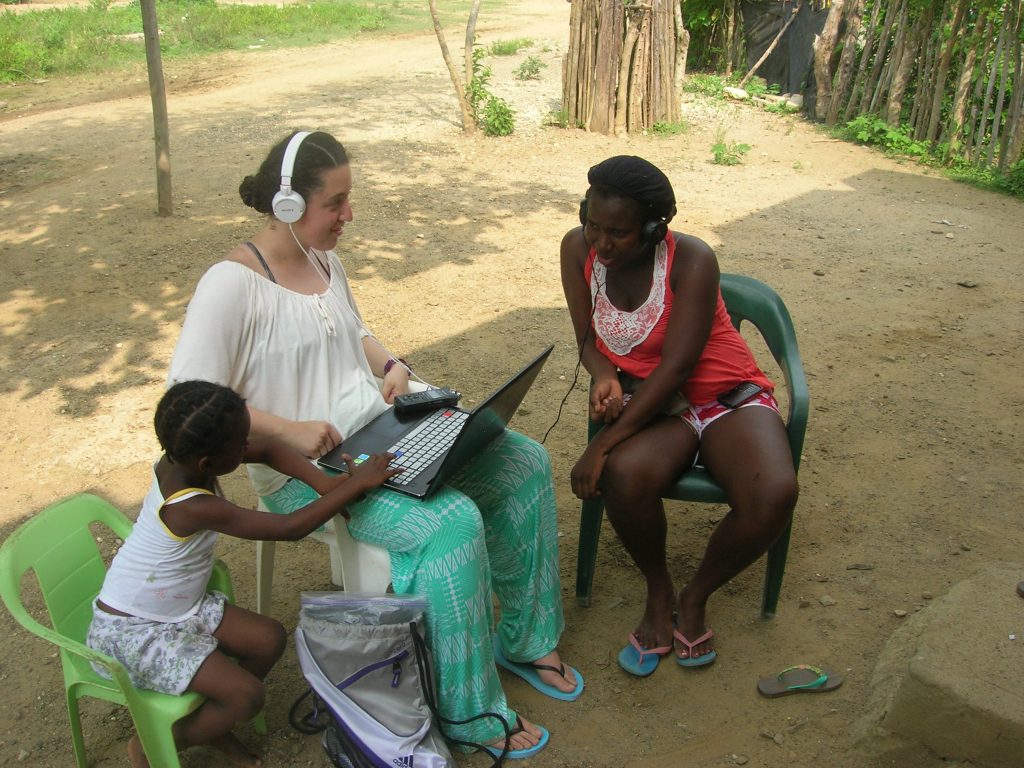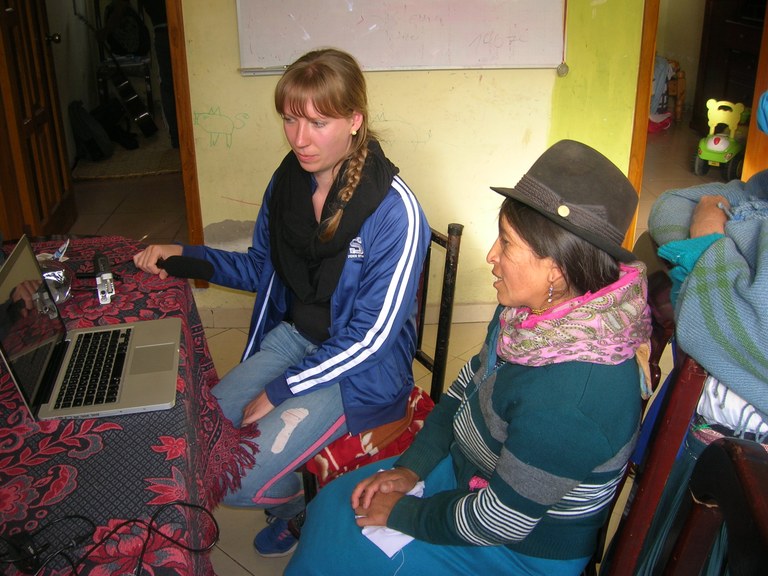Hard Science
Social Science
Humanities
Like any science, linguistics is largely about observation, data collection, and analysis. Linguists are interested in understanding how and why humans use language. Because language is a complex cognitive entity that plays a crucial role in human society, the field of linguistics encompasses a wide variety of subfields, which fall under four major categories: Language Structure, Language in Society, Language and the Brain, and Computational Linguistics. Because any given language is a single complex entity, all these areas of linguistics interact with each other, and most linguists work in many subfields at once.

Language Structure
Like any science, linguistics is largely about observation, data collection, and analysis. Linguists are interested in understanding how and why humans use language. Because language is a complex cognitive entity that plays a crucial role in human society, the field of linguistics encompasses a wide variety of subfields, which fall under four major categories: Language Structure, Language in Society, Language and the Brain, and Computational Linguistics. Because any given language is a single complex entity, all these areas of linguistics interact with each other, and most linguists work in many subfields at once.
Language in Society
Language plays an important role in any human society, and carries social meaning. Sociolinguists study variation within a given language, analyzing the social meaning of that variation, and how it can lead to language change. Historical linguists, on the other hand, analyze how languages have already changed and how languages are related to each other. Contact linguists investigate how languages can affect each other when their speakers come into contact. Many linguists are also interested in the social and linguistic effects of multilingualism, and how a multilingual speaker’s two (or more) languages affect each other.
Language and the Brain
Since language is actually produced and processed by the human brain, cognitive science is crucial to understanding how language actually works. Psycholinguists are interested in the thought processes behind language production and language processing. Neurolinguists look in more detail at the physical processes that occur during language use. Many linguists and speech scientists are also interested in understanding language disorders and helping people who struggle with language.

Computational Linguistics
Computer modeling can be used to investigate many areas of linguistics. Many linguists who study language structure use computational techniques to help them in their work. Additionally, a major research area within linguistics is the study of how computers use language, and the effort to teach them more human-like speech recognition and language processing.
More information is available at the Linguistics Society.